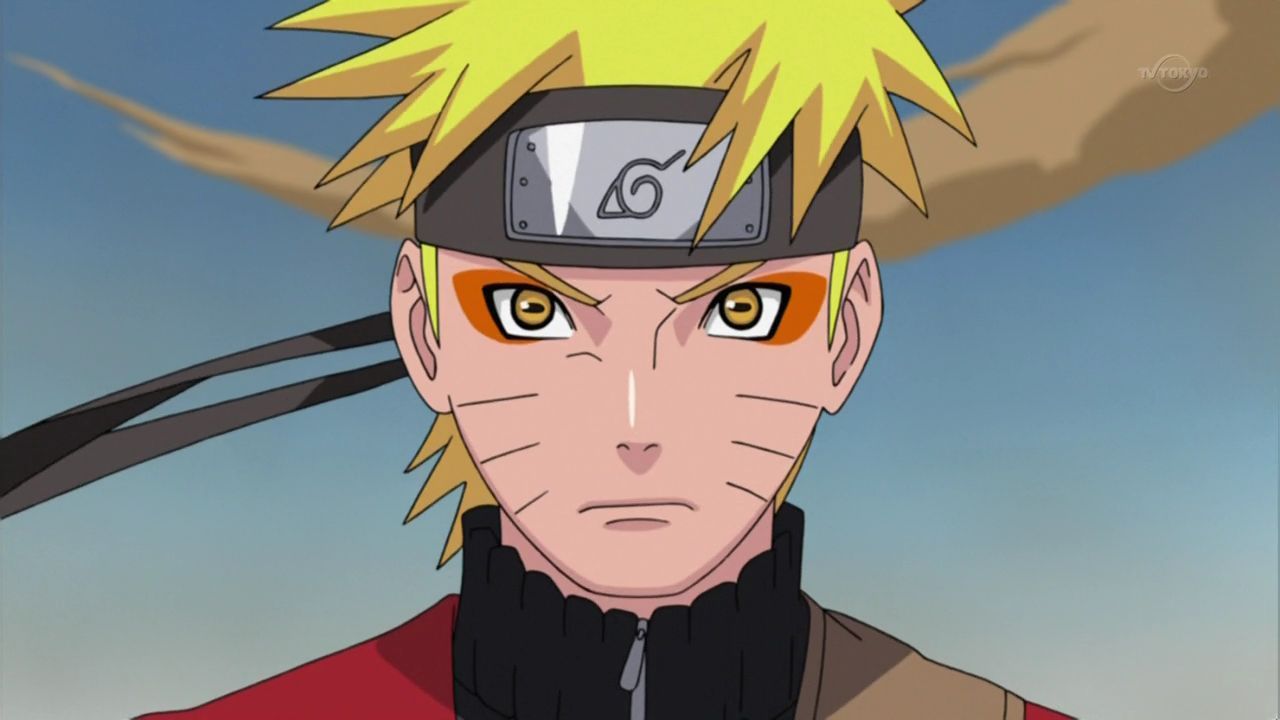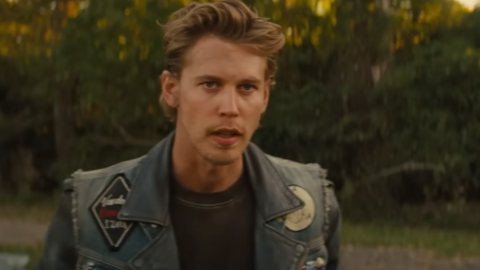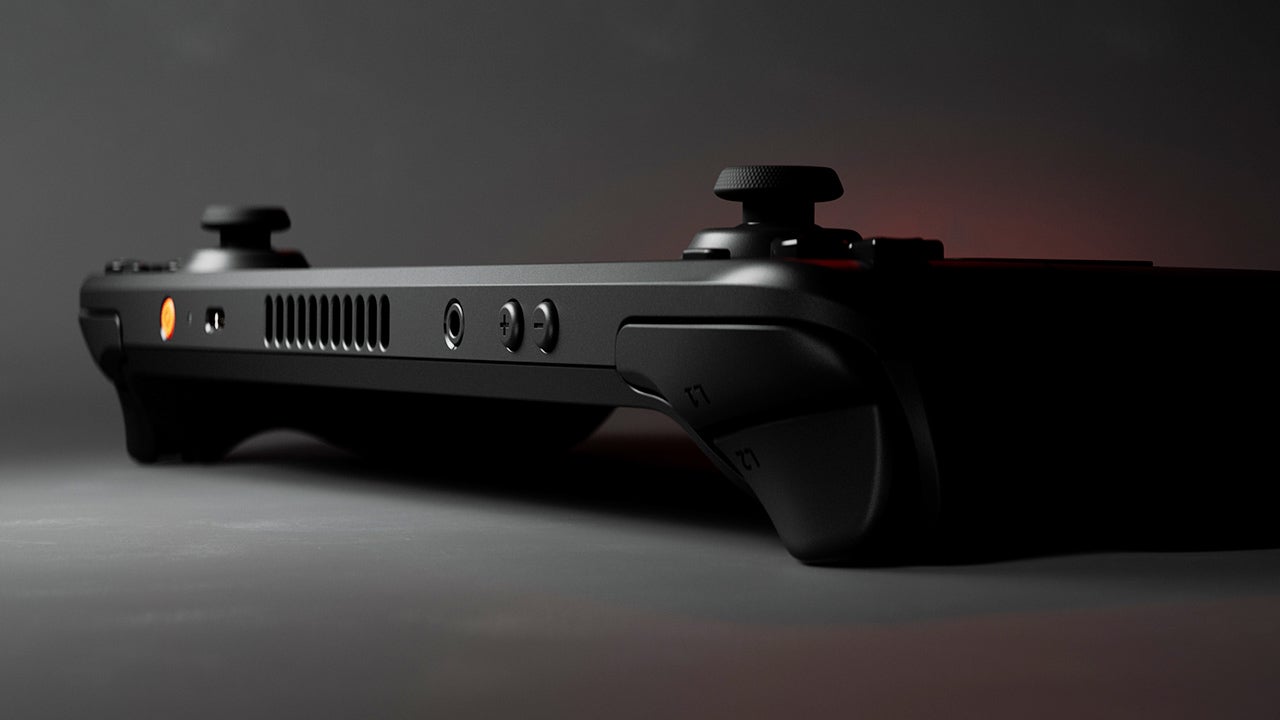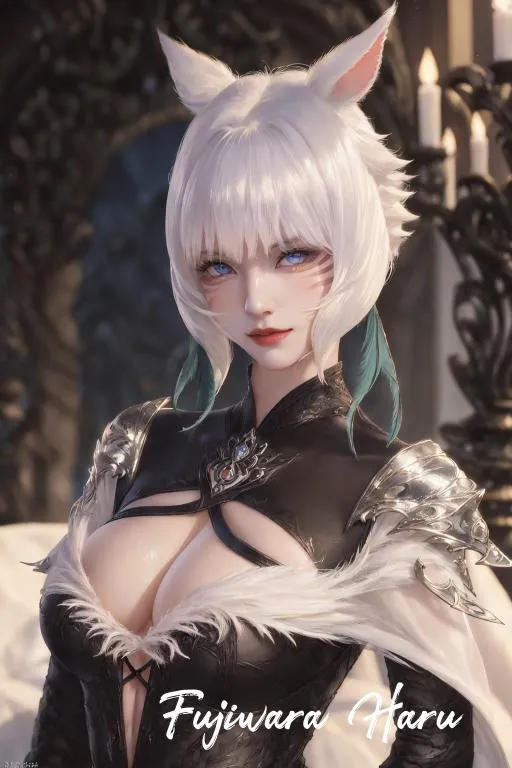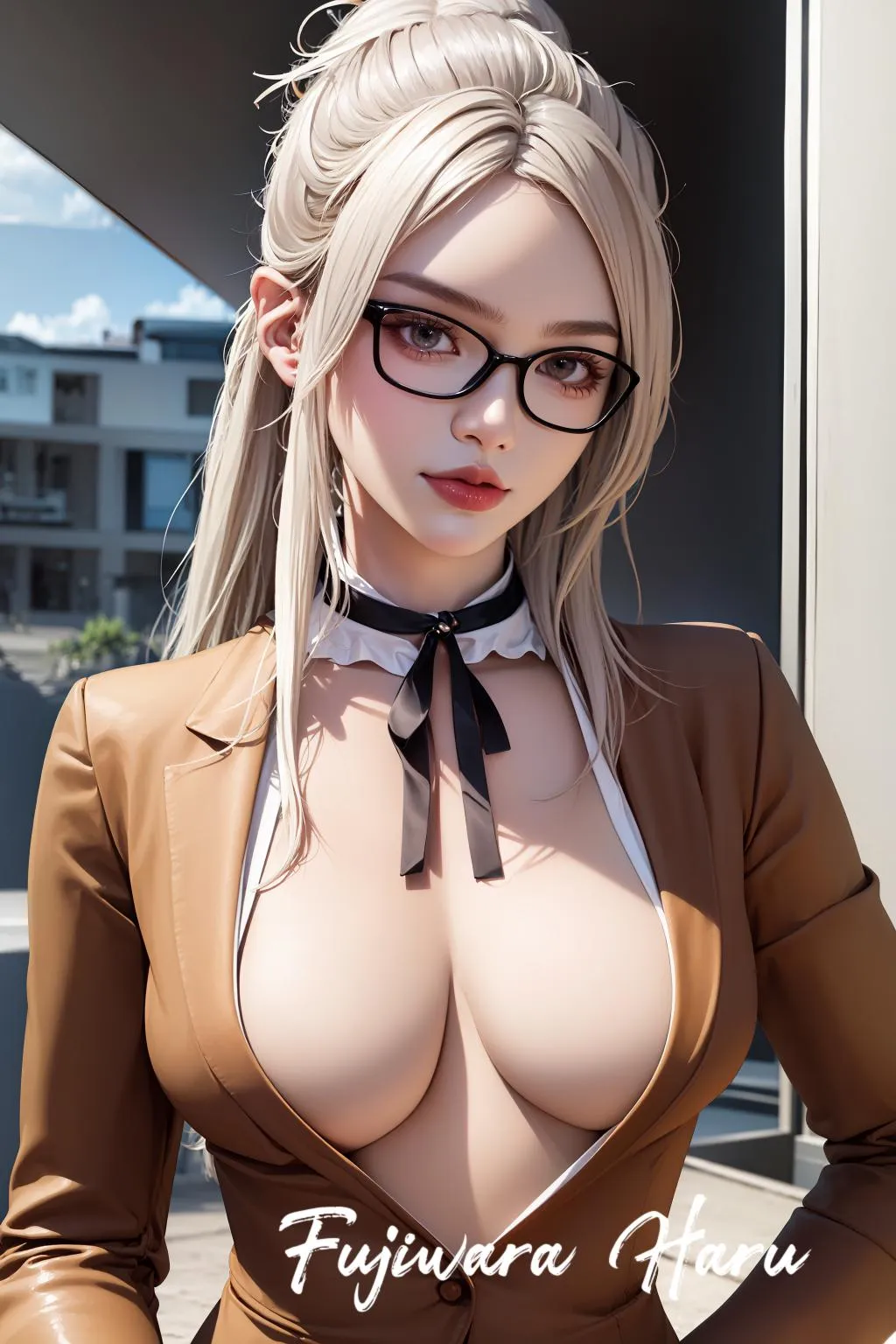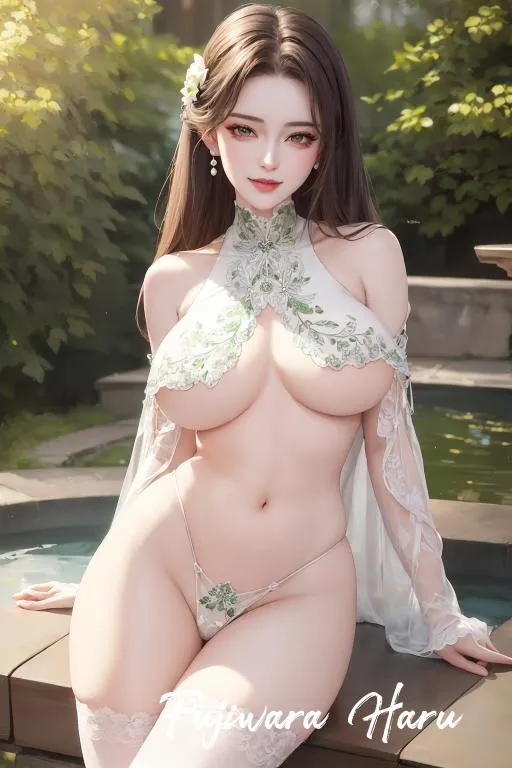It would perhaps have been more impactful if the ongoing second season of Jujutsu Kaisen aired before the release of the spin-off movie Jujutsu Kaisen 0. The recently concluded "Hidden Inventory/Premature Death" arc takes place before the events of the film, itself a prequel to the first season of the popular anime. This means that we know exactly what awaits the two main characters, Satoru Gojo and Suguru Geto, whose final confrontation is depicted in Jujutsu Kaisen 0.
And yet, despite how prequels inherently struggle with maintaining stakes, the first half of season 2 manages to keep tensions high by focusing on the knowledge that things will end in tragedy. Every interaction between Gojo and Geto carries pathos from the context of what is to come and how it deeply affects every character around them.
The consequences of the story are far-reaching, even if its scope – Get and Gojo are tasked with protecting a young girl who will be sacrificed to a powerful sorcerer to prevent its devolution into an unstoppable monster – is small. Geto's fall from grace kickstarts a series of events that continues to impact the story in the present, while also intimately affecting every member of Jujutsu High. There is a sense of melancholy and doom permeating throughout the arc, the knowledge (both from the point of view of the characters and also the audience) that something will go wrong adding to the horror of the story.
In just five episodes, we get to care about Gojo as more than just a powerful and goofy teacher – the Kakashi to Jujutsu Kaisen’s Naruto. Here, Gojo is a carefree teenager with incredible power. His best friend is similarly powered, and together they’re tasked with protecting the defenseless from things they will never be able to see – the toll of which becomes too big for both Gojo and Geto. This is particularly true of Geto, who is arguably the true protagonist of this arc, as he becomes one of the most complex and nuanced characters in the franchise. Though he initially believes in the work he's doing and in jujutsu sorcerers' mission to protect powerless humans from the cursed energy they bring to life, his powers condemn him to constantly absorb said energy, which he describes as "eating a dirty rag used to clean up shit and puke." The way he comes around on his mission and turns to wanting to kill all humans is harrowing yet inevitable and rather emotional as we see what this means for Geto's friendship with Gojo.
Of course, this is Jujutsu Kaisen, so things are not just dark and grim (and full of terrific horror imagery), but often hilarious too – from the characters breaking reality and morphing into cute "chibi" versions of themselves, to their constant quips in battle, to the many allusions to early '00s pop culture. Like Yuji watching Lord of the Rings in the first season, here we get jokes about idols from the time, and even a fantastic Digimon gag. These references help ground the characters in real life and in the time period, which makes the supernatural part of the story more impactful.
But this is still very much an action show, and in the first part of its second season, Jujutsu Kaisen looks as good as ever. Shōta Goshozono takes over directorial duties this season, and he brings an eye for the cinematic that he used in his work on Chainsaw Man and in his episodes of Ranking of Kings (some of the best in an already fantastic season). While the fights continue to look incredible, with fluid animation and clear and kinetic choreography, it is the rest of the show that gets an upgrade. Goshozono and the team at Studio MAPPA use a wide range of camera angles and clever shot composition to tell the story of Geto and Gojo's falling out in visuals in addition to dialogue.
Unfortunately, "Hidden Inventory/Premature Death" suffers from its short length, particularly due to the show's insistence on overexplaining its power system. Original author Gege Akutami has said Jujutsu Kaisen’s power system was influenced by Hunter x Hunter’s – one of the most complex and detailed systems in manga, but it can also be a bit of a slog to constantly hear an explanation for every single move. Likewise, Jujutsu Kaisen spends too much time explaining every single detail of how Gojo's powers work, and it is rather unnecessary to understand the math of his jujutsu power, especially when it comes at the expense of more time with the characters. By the time the last episode of the arc arrives, Geto's final push into darkness is relegated to little more than a quick montage that shows him murdering a bunch of people after talking about protecting the innocent. It’s still effective, but after such a compelling journey, the destination feels a bit disappointing.

